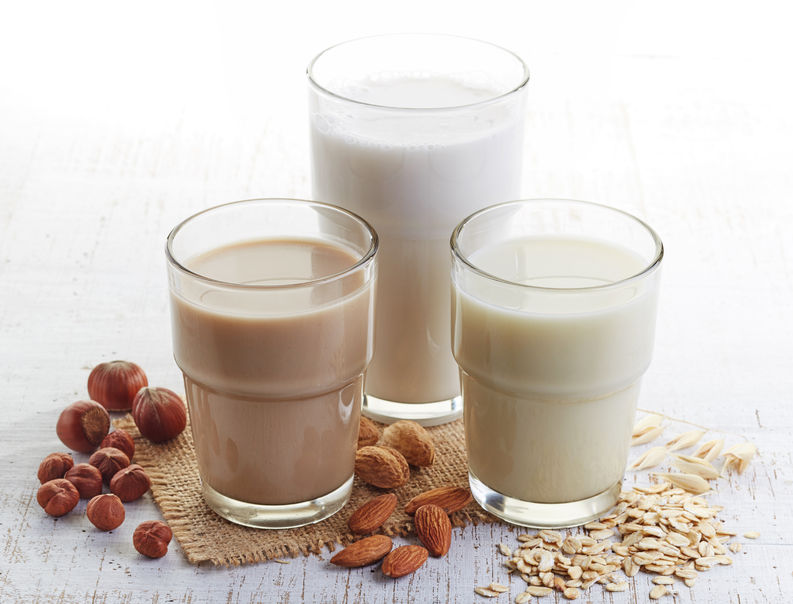Do you sometimes struggle to remember what you want to say during a conversation, or maybe you walk into a room and forgot why you went in? If so, you may want to look at improving your short-term memory.
Short-term memory is the mental process that occurs every 15-30 seconds when it comes to storing information. While you don’t have to remember every single bit of information, it can be dangerous if it occurs on a daily basis. Forgetfulness is a frustrating experience as it can make every day tasks challenging.
From forgetting people’s names to remembering where your keys are, taking good care of your short term memory is essential for best health.
Here are some of the most naturally healthy ways to improve your short-term memory…
1.Take Gingko Biloba

Gingko Biloba is a widely used natural remedy that has many benefits for memory improvement. Research shows it can greatly improve short-term memory, while helping the brain to stay mentally sharp and potentially avoid dementia.
Standard extracts of Gingko Biloba have been used to treat a wide range of brain conditions including anxiety, concentration problems, dementia, dizziness, headaches, memory loss, mental confusion, depression and even tinnitus.
Gingko Biloba works to increase blood supply within the body, reduces blood viscosity, boosts neurotransmitters and reduces any harmful free radicals.
2. Avoid Sugars and Foods with Added Sugars

Sugar can increase blood sugar levels within the body and this can promote inflammation within the body. Researchers say that sugar can ruin short-term memory, reduce attention span and ruin moods.
Avoiding table sugar is one thing, but sugar is in nearly all processed foods. Even many healthy foods such as carrots, parsnips, beetroots and potatoes should be eaten in moderation since they are high in natural sugars – all of which have an inflammatory effect in the body. Taking Cinnamon after consuming food or drink high in sugar can help to maintain blood glucose levels and prevent spikes in insulin levels.
3. Take Curcumin
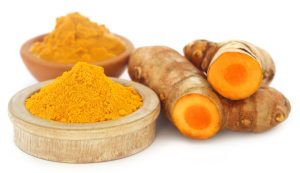
Curcumin is the active compound found within the Ancient golden spice turmeric. Studies have shown that Curcumin can improve your attention and memory span.
Cooking with turmeric is one idea but taking a Curcumin supplement particularly one with a Phytosome that ensures maximum absorption into the bloodstream is highly recommended for best results.
4. Get Enough Sleep

Lack of sleep is associated with lowered brain function. Many of us are not getting enough sleep at night due to the modern hectic lifestyle and taking on too many things at once.
When we have a good quality night’s sleep, research shows that we are able to remember up to seven bits of information. People who are sleep deprived usually only remember one or two bits of information in comparison. For best memory health, it’s recommended to get at least 8-10 hours of sleep every night.
5. Practice Meditation

Meditation can help to improve both short and long-term memory. This can be achieved in just 8 weeks when people practice meditation regularly, according to new research.
By contrast, people who don’t do meditation or who give up the practice, have reported losing their short-term memory. Even 5-10 minutes of meditation daily can have a big impact on improving memory health. There are even apps such as Headspace or Insight Timer that you can download to your computer or mobile device that can help with this process.
6. Add Magnesium

Magnesium can support good memory health. It has been shown to improve both short-term and long-term memory. Studies show that low levels of brain magnesium directly correlate to poor memory function. Magnesium has also been shown to strengthen the synaptic nerve endings responsible for transmitting a response.
Associated with decision making, the prefrontal cortex area of the brain aids in the retrieval of short-term memories. The effectiveness of the prefrontal cortex is largely dependent on magnesium. Magnesium also strengthens the synaptic nerve endings responsible for transmitting a response.
One of the best ways to ensure Magnesium is absorbed efficiently into the bloodstream is to apply it topically onto the skin in a liquid spray, gel or bath flakes formula. Topical magnesium is more rapidly absorbed into the cells where it gets to work quickly within the body.
7. Eat More Ginger

Ginger can help to treat memory loss and dementia according to a study. Healthy middle aged-women who took ginger supplements were shown to have improved attentiveness, working memory and reaction time. Including more ginger into your diet and lifestyle can have many therapeutic health and wellness benefits. Try slicing and adding to a curry or adding it raw to a juice or smoothie for a zesty taste.
Recommended Examples
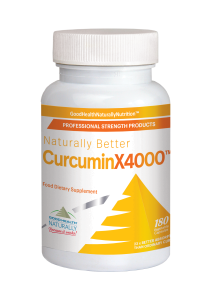 Curcuminx4000™ – Research suggests Curcumin’s antioxidant activity can support brain health along with contributing and providing various anti-inflammatory benefits within the body. Curcuminx4000™ – Research suggests Curcumin’s antioxidant activity can support brain health along with contributing and providing various anti-inflammatory benefits within the body.
Curcumin also has well-established properties that compare to supplemental vitamins C and E, in their own abilities to antioxidise against free radicals. Each capsule of CurcuminX4000™ contains 200mg of highly effective Curcumin Phytosome, which in a recent study showed an increase in utilization up to 20-45X compared to ordinary Curcumin 95%. |
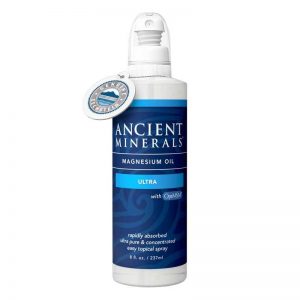 Magnesium Oil Ultra with OptiMSM Spray – Several hundred biochemical responses rely on this essential mineral in order to function properly. Magnesium Oil Ultra with OptiMSM Spray – Several hundred biochemical responses rely on this essential mineral in order to function properly.
The original and still the most popular, Ancient Minerals Magnesium Oil, contains only raw, highly concentrated, ultra pure magnesium chloride and other trace minerals drawn from the Ancient Zechstein Seabed in Northern Europe. Also contains OptiMSM for maximum cellular absorption. |
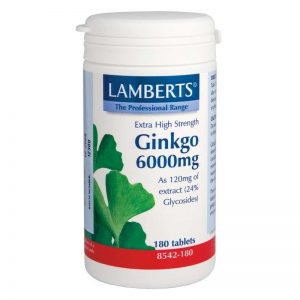 Gingko Biloba – Ginkgo Biloba has shown great potential to help increase blood flow by controlling the tone and elasticity of blood vessels. It may also help to reduce the ‘stickiness’ of blood, promoting better delivery of additional oxygen and glucose to nerve cells. This may help to support good brain health and memory. Gingko Biloba – Ginkgo Biloba has shown great potential to help increase blood flow by controlling the tone and elasticity of blood vessels. It may also help to reduce the ‘stickiness’ of blood, promoting better delivery of additional oxygen and glucose to nerve cells. This may help to support good brain health and memory. |





